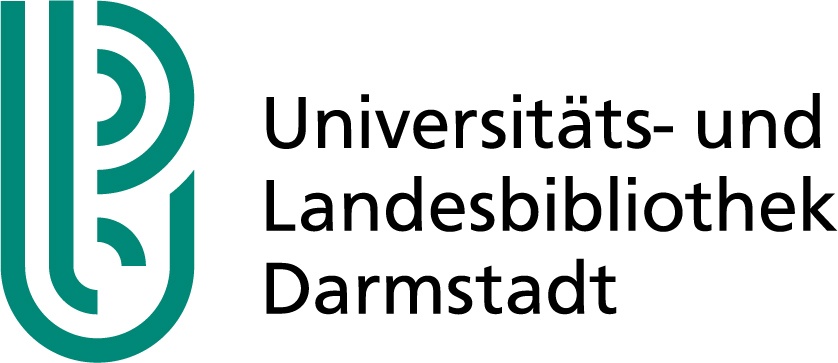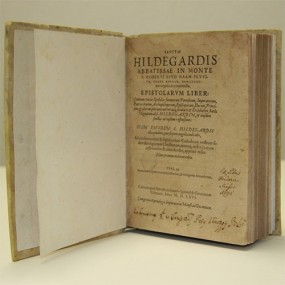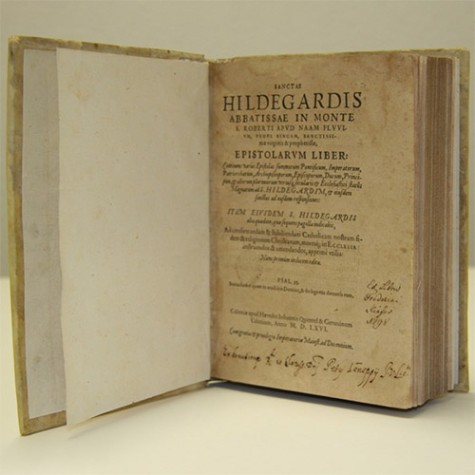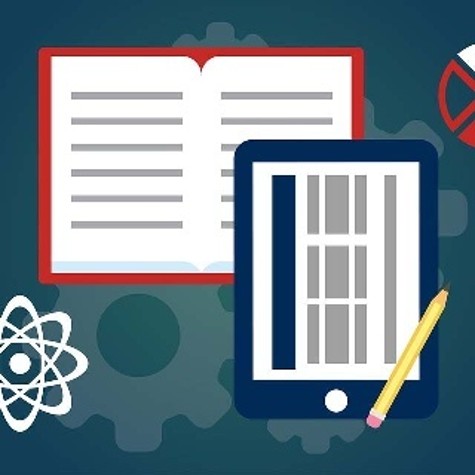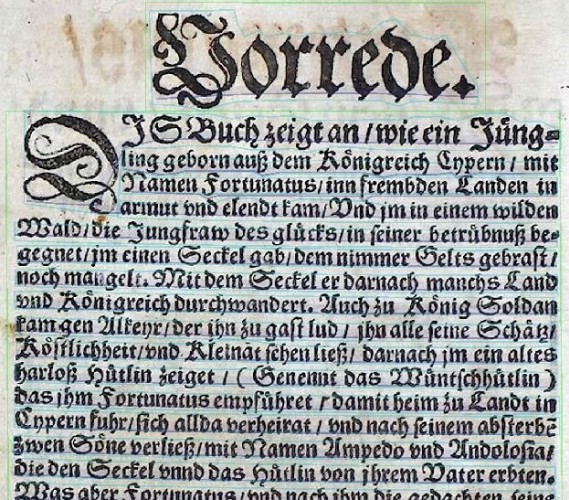
Search in full texts
As well as reading digitised texts, would you also like to search and evaluate them? A digital edition will allow you to efficiently prepare your sources for your research. We support you in this with our new full-text processing service.
-
![]()
![]()
Darmstädter Tagblatt – a newspaper in three centuries (1740-1986)
The Darmstädter Tagblatt, which ceased publication in 1986, was one of the longest continuously published (daily) newspapers in the German-speaking world and the most important leading medium in Darmstadt and the Southern Hesse region.
-
![Westfälischer Friede in Münster - Gerard ter Borch 1648 (Rijksmuseum Amsterdam) - Geheugen von Nederland]()
![Westfälischer Friede in Münster - Gerard ter Borch 1648 (Rijksmuseum Amsterdam) - Geheugen von Nederland]()
European Religious Peace Agreements – A Digital Edition
The long-term project “European Religious Peace Agreements – A Digital Edition” was approved as part of the Academies Programme that is jointly funded by the federal and state governments.
-
![]()
![]()
The Book of Letters of Hildegard of Bingen
The research project presents the Wiesbaden Codex, a giant book of letters (Liber epistolarum) by Hildegard von Bingen, for the first time in a single edition.
-
![Logo für OAbyCO]()
![Logo für OAbyCO]()
OATbyCO – Open Access Transformation by Cooperation
The ULB Darmstadt is collaborating with the Wissenschaftliche Buchgesellschaft (wbg) to develop a generally reusable workflow based on XML/TEI. It is intended for the simple, low-cost preparation of both new manuscripts submitted digitally as well as older existing electronic or analogue works for open access publication.
-
![Handgeschriebener Brief]()
![Handgeschriebener Brief]()
Greetings and Kisses – digital letters – part of Love-Coding-Lab
Cultural heritage is the tangible and intangible expression of ways of life which have been developed by a society and then re-acquired, interpreted, preserved, modified and passed on by each generation.
-
![]()
![]()
Text+ – Language and text-based research data infrastructure
As part of the National Research Data Infrastructure, the University and State Library is extensively involved in the Text+ consortium. A research data infrastructure is being created within the framework of this DFG-funded project that takes into account the needs and concerns of voice and text data.
Creating a Digital Edition
Depending on the project requirements, a workflow is possible from text capture (OCR) of the digital copies to the creation and edition of the XML basis to realisation of the digital edition as an online presentation.
A basic format is provided for the XML files, which is based on the guidelines of the Text Encoding Initiative (TEI). This makes it possible to record the texts scientifically. The texts can be annotated so that they are enriched with metadata and entities are captured in them. These are then stored in a central register file, which means they are available to be accessed.
Are you interested in working with the CEiD to develop an edition project? Or do you have any questions about our projects? If so, we look forward to receiving your email.


